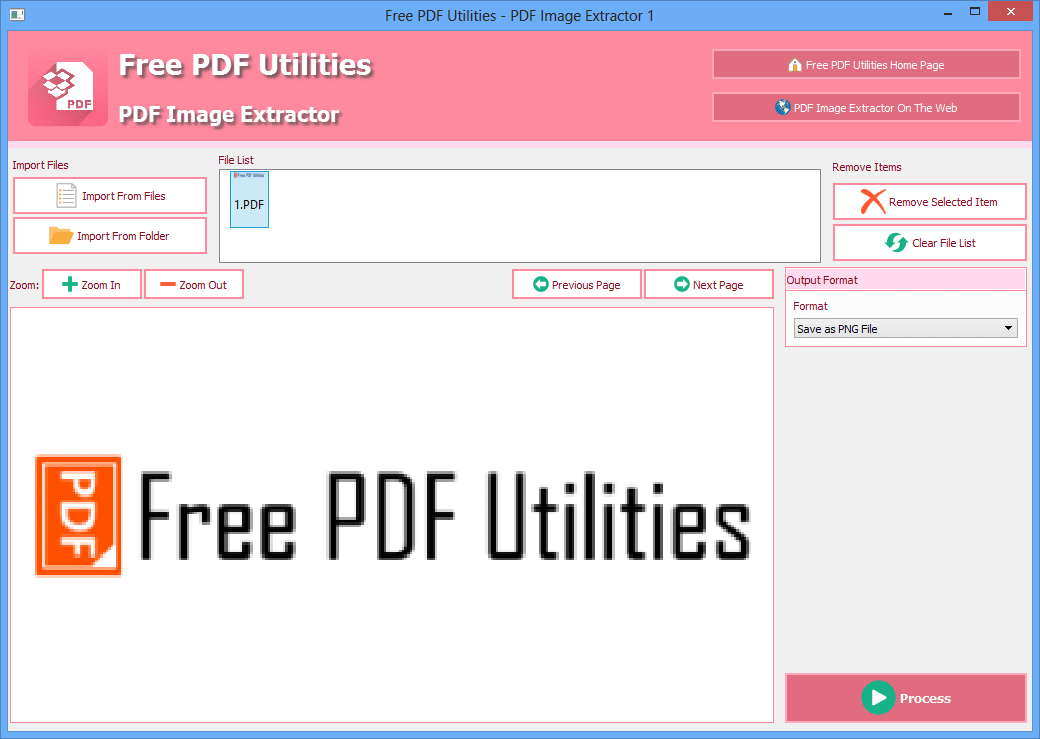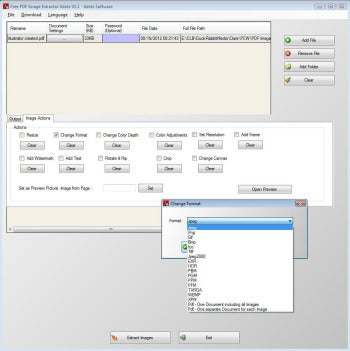

Print("\nPrinting Table Content: \n", df)ĭef tiff_header_for_CCITT(self, width, height, img_size, CCITT_group=4):įile = str(i + 1) + "_" + downloaded_file Interpreter = PDFPageInterpreter(pdfResourceManager, device)įor page in PDFPage.get_pages(fp, page_num, maxpages=max_pages, password=password, caching=caching, PdfResourceManager = PDFResourceManager()ĭevice = TextConverter(pdfResourceManager, retstr, codec='utf-8', laparams=la_params) Pdf_reader = PdfFileReader(open(file, 'rb')) With open(str(i + 1) + "_" + filename, "wb") as outputStream: Pdf_reader = PdfFileReader(open(filename, "rb")) Local_filename = local_filename.replace("%20", "_")ĭef break_pdf(self, filename, start_page=-1, end_page=-1): It is working fine for me: # This works in python 3įrom PyPDF2 import PdfFileWriter, PdfFileReader Interpreter = PDFPageInterpreter(rsrcmgr, device) With TextConverter(rsrcmgr, retstr, codec=codec,
PDF DATA EXTRACTOR FREE PDF
'''Convert pdf content from a file path to text
PDF DATA EXTRACTOR FREE INSTALL
Test pdf file: #pip install pdfminer.sixįrom pdfminer.pdfinterp import PDFResourceManager, PDFPageInterpreterįrom nverter import TextConverter


In 2020 the solutions above were not working for the particular pdf I was working with. As instructions for this would blow up this answer I put them on my personal blog. There is pdftotext which does basically the same but this assumes pdftotext in /usr/local/bin whereas I am using this in AWS lambda and wanted to use it from the current directory.ītw: For using this on lambda you need to put the binary and the dependency to libstdc++.so into your lambda function. Res = n(args, stdout=subprocess.PIPE, stderr=subprocess.PIPE) SCRIPT_DIR = os.path.dirname(os.path.abspath(_file_))


 0 kommentar(er)
0 kommentar(er)
